Finding Judgements using Nonviolent Communication - NVC Judgement Finder
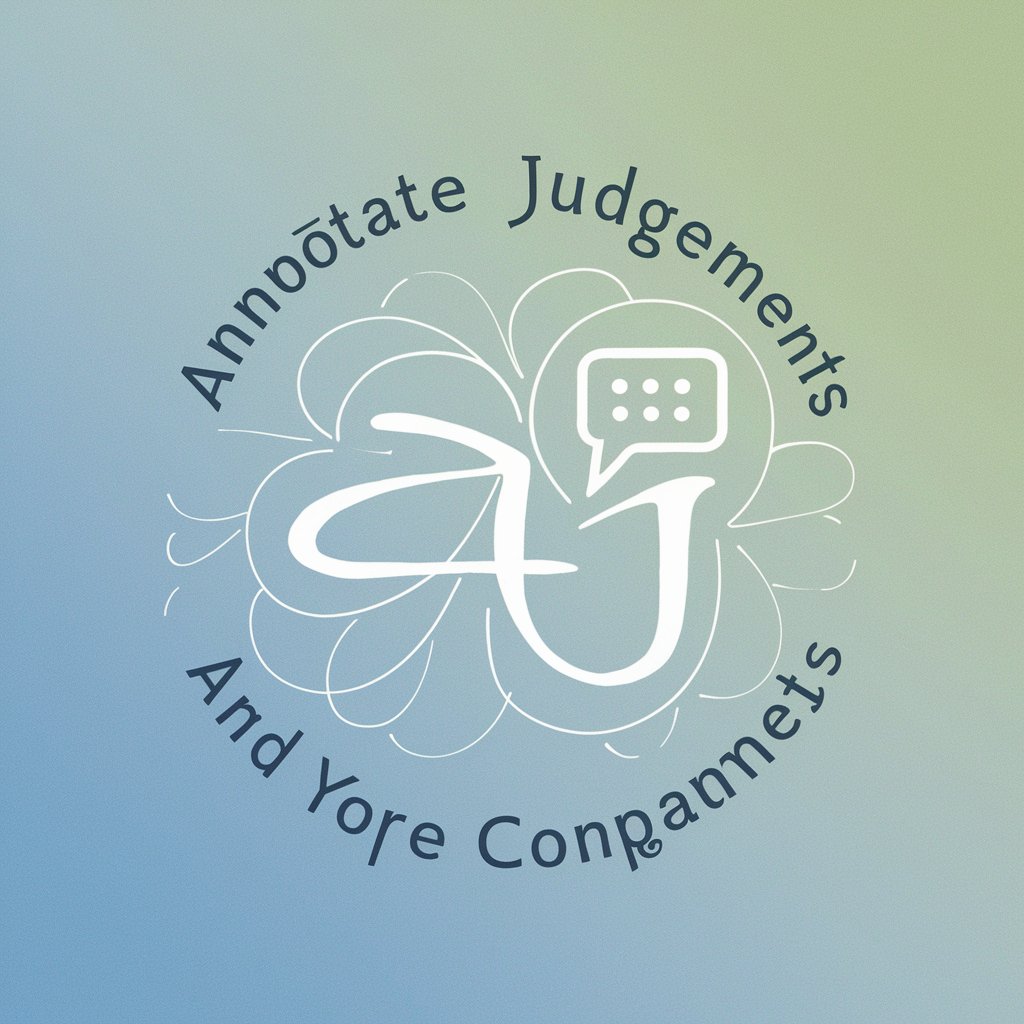
Hi, let's explore nonviolent communication together!
Empower conversations with AI-driven empathy
Describe a recent conversation where you felt judged. What was said, and how did it make you feel?
Think of a time when you were involved in a conflict. How could nonviolent communication have improved the situation?
Share an article or piece of writing that contains harsh judgments. Let's analyze it together.
Reflect on a personal experience where you expressed a strong judgment. What might have been a more empathetic approach?
Get Embed Code
Introduction to Finding Judgements using Nonviolent Communication
Finding Judgements using Nonviolent Communication (NVC) is designed to identify and understand judgements in communication, aiming to foster empathy and connection between individuals. It operates on the principles of NVC, a communication approach developed by Marshall Rosenberg, which emphasizes sharing observations, feelings, needs, and requests without judgment, criticism, or blame. This method is particularly useful in revealing underlying needs and feelings behind judgements, transforming potential conflict into understanding and cooperation. An example scenario might involve a disagreement between colleagues where one accuses the other of being irresponsible. Using NVC, this judgement can be reframed to express unmet needs for reliability and support, facilitating a more constructive dialogue. Powered by ChatGPT-4o。

Main Functions of Finding Judgements using Nonviolent Communication
Identification of Judgements
Example
Detecting judgmental language in conversations or written texts.
Scenario
In a team meeting, a member's statement, 'You're not contributing enough,' is identified as a judgment. Through NVC, this is reframed to express the speaker's need for more collaboration and support.
Transformation of Judgements
Example
Converting judgements into expressions of needs and feelings.
Scenario
A parent tells their child, 'You're being lazy.' Using NVC, this judgement is transformed into a discussion about the child's needs for rest or support in managing tasks, fostering understanding and connection.
Facilitation of Empathetic Communication
Example
Guiding individuals towards expressing themselves without blame.
Scenario
In a conflict resolution session, participants learn to replace accusations with expressions of their own feelings and needs, leading to a deeper understanding and resolution of the conflict.
Ideal Users of Finding Judgements using Nonviolent Communication Services
Individuals Seeking Personal Growth
People interested in improving their communication skills, emotional intelligence, and relationships. They benefit by learning to identify and transform judgments into understanding and empathy.
Couples and Families
Those looking to deepen their connections and resolve conflicts in more constructive ways. NVC helps by fostering open, judgment-free dialogue that addresses underlying needs.
Professionals and Organizations
Teams and leaders aiming to enhance workplace communication and collaboration. NVC techniques support a culture of mutual respect and understanding, reducing conflict and improving morale.

Guidelines for Using Finding Judgements with Nonviolent Communication
1
Start by visiting yeschat.ai to access a free trial without the need for login or ChatGPT Plus.
2
Familiarize yourself with the basics of Nonviolent Communication (NVC) to understand how judgments impact conversations and personal reflections.
3
Use the tool to input text from conversations, personal thoughts, or readings where you suspect judgments are present.
4
Review the analyzed text, noting the labeled judgments. Reflect on how these judgments affect communication and relationships.
5
Apply insights from the analysis to practice more empathetic and understanding communication, reducing the presence of harmful judgments.
Try other advanced and practical GPTs
Life Enhancer
Empowering Your Personal Growth with AI
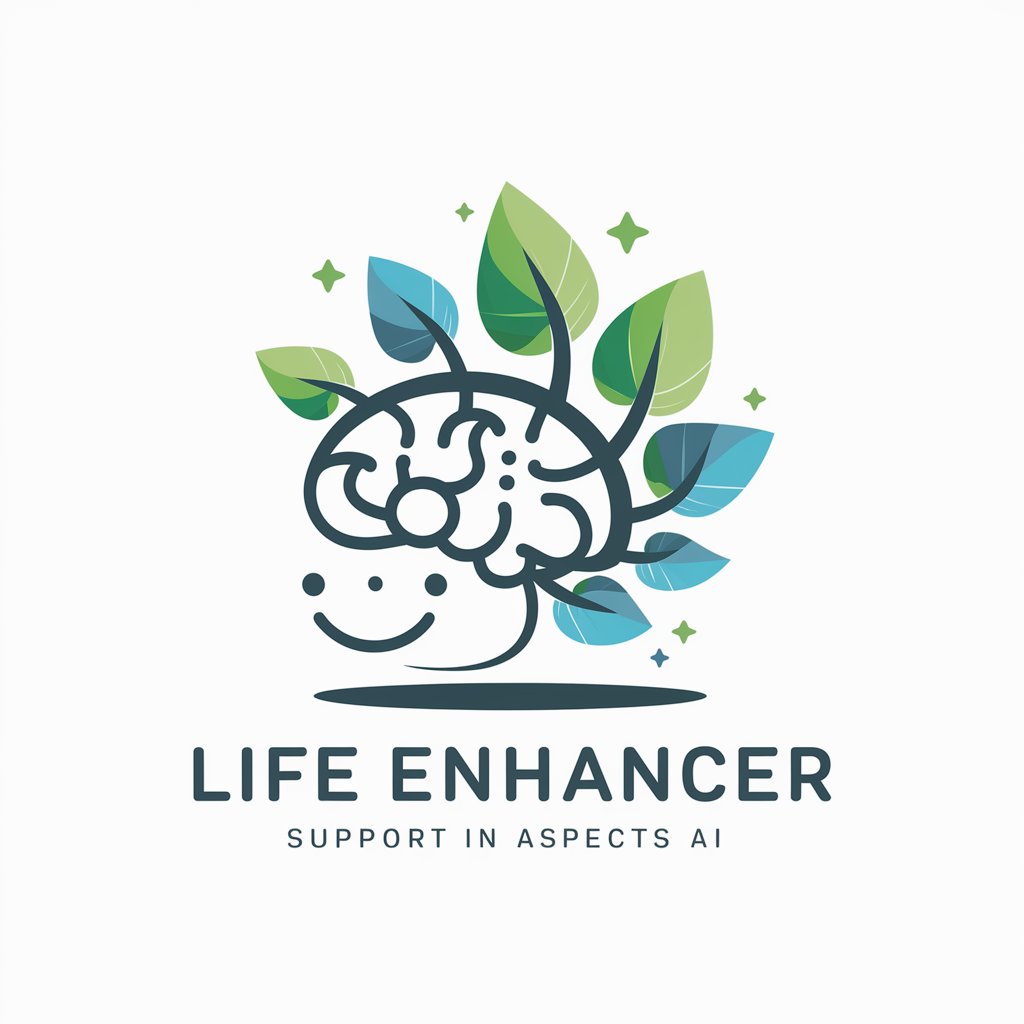
親切なデータサイエンティスト
Unlocking Data Insights Intuitively

英文要約
Summarize English texts into Japanese effortlessly.

Customer Insight Analyzer
Empowering Decisions with AI-Driven Insights

JYKines Medical Fitness Program Design Assistant
Tailored Fitness at Your Fingertips
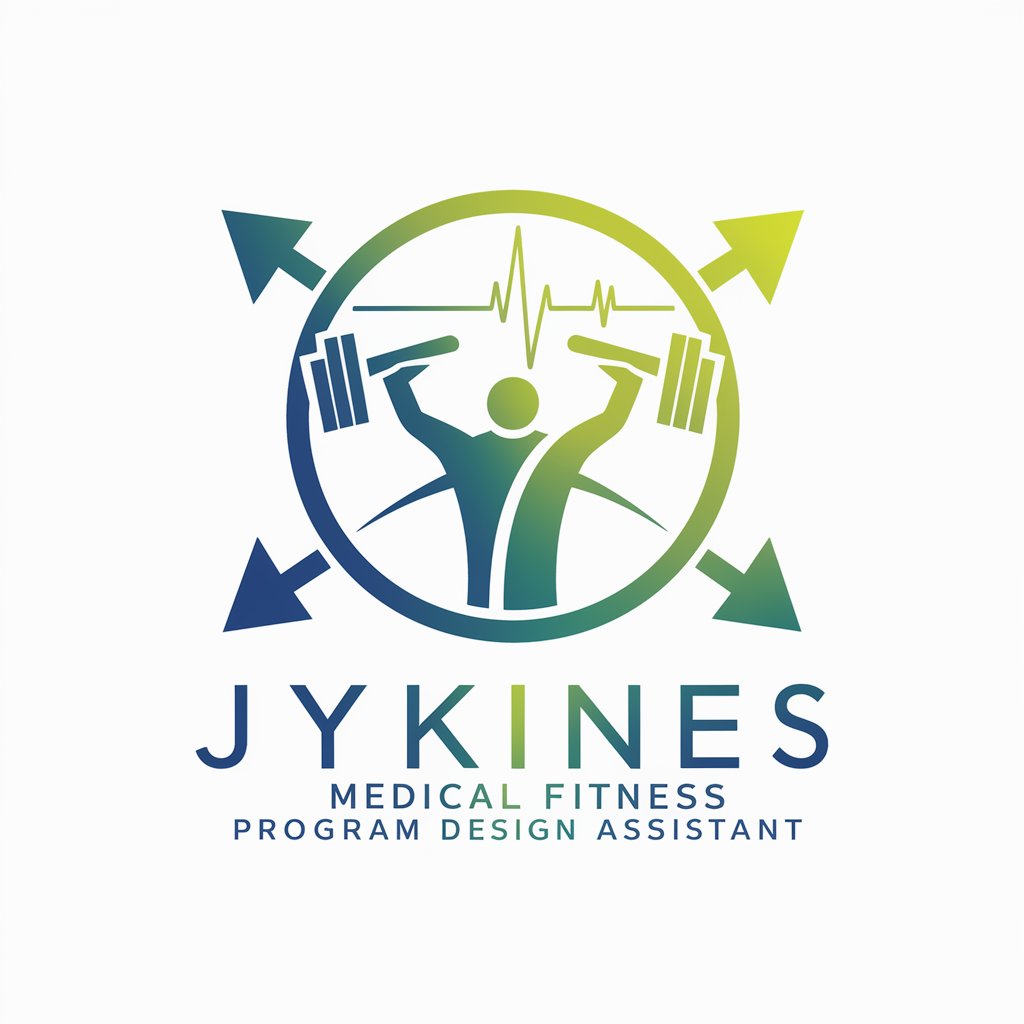
Digital Diet Advice for Kidney Stone Prevention
Tailoring Your Diet to Prevent Kidney Stones, Powered by AI

How To Survive!
Master survival with AI-driven strategies.

Custom GPT Promo Instruction
Automate Your Promotion, Amplify Your Message
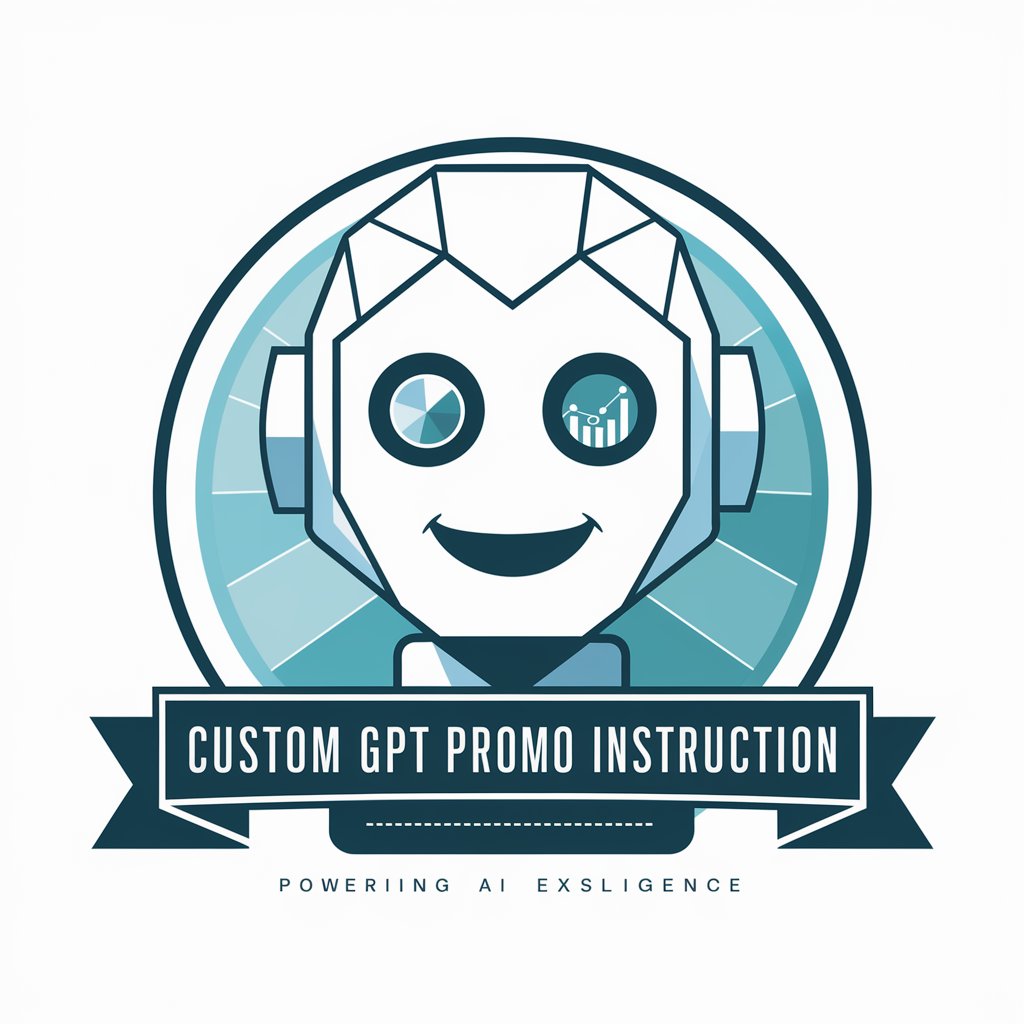
Focus Coach Fiona
Boost focus with AI-powered guidance.

Cinema Chat
Empowering Your Movie Journey with AI

Gita Insights
Unlocking the Wisdom of the Gita with AI

Alice the kid painter
Unleash creativity with AI-powered drawing
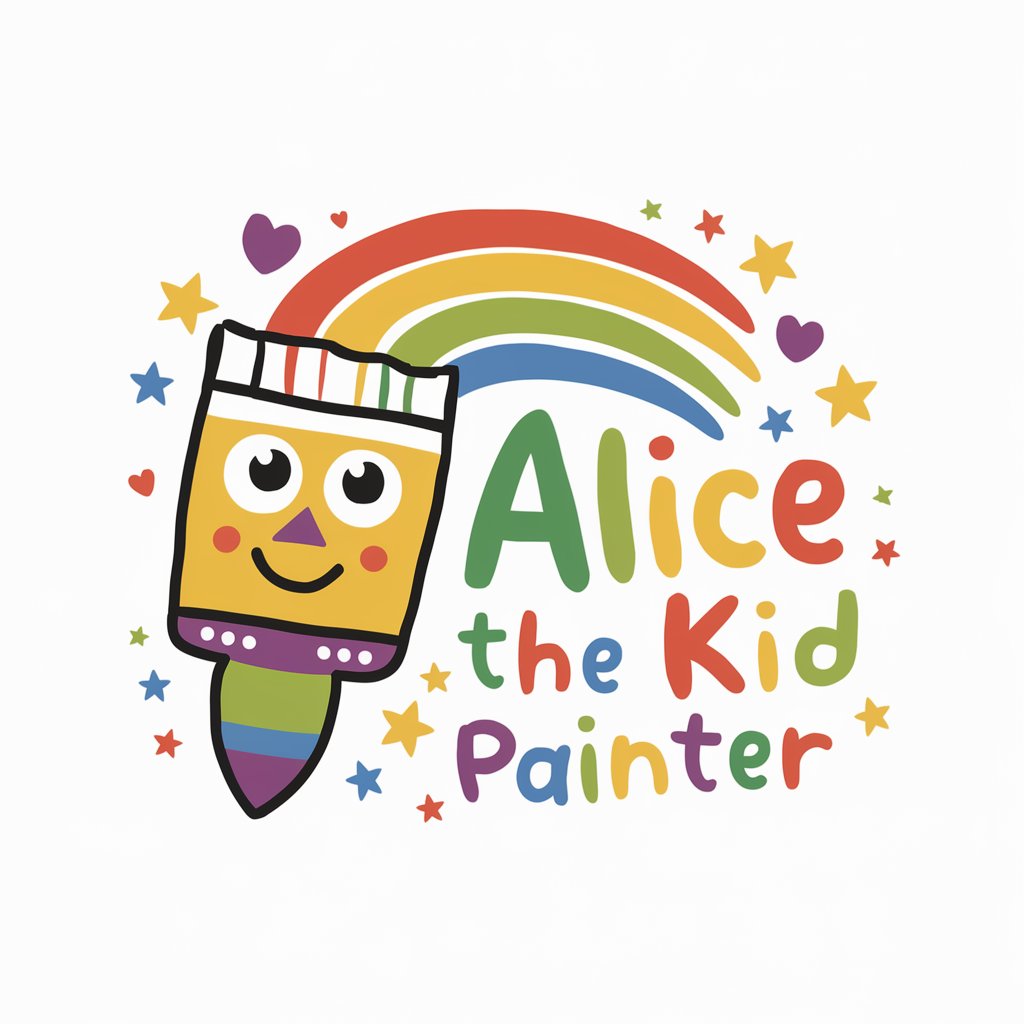
Q&A on Finding Judgements with Nonviolent Communication
What is Nonviolent Communication?
Nonviolent Communication (NVC) is a communication process developed by Marshall Rosenberg. It focuses on empathy, compassionate self-expression, and active listening, aiming to foster connections and resolve conflicts by addressing individual needs without judgments.
How can identifying judgments improve communication?
Identifying judgments helps in recognizing personal biases and assumptions that may hinder understanding and connection. By addressing these judgments, individuals can communicate more effectively, fostering empathy and deeper connections.
Can this tool help with self-reflection?
Absolutely. By identifying judgments in your own thoughts and language, you can gain insights into your own communication patterns, leading to personal growth and improved interpersonal relationships.
Is this tool suitable for professional environments?
Yes, it's beneficial for professional settings where clear, empathetic communication is crucial. It can aid in resolving conflicts, improving teamwork, and enhancing overall workplace culture.
How does this tool handle different types of text input?
The tool is designed to analyze various types of text, including personal reflections, dialogue, and written content. It can identify judgments regardless of the context, making it versatile for a wide range of applications.
